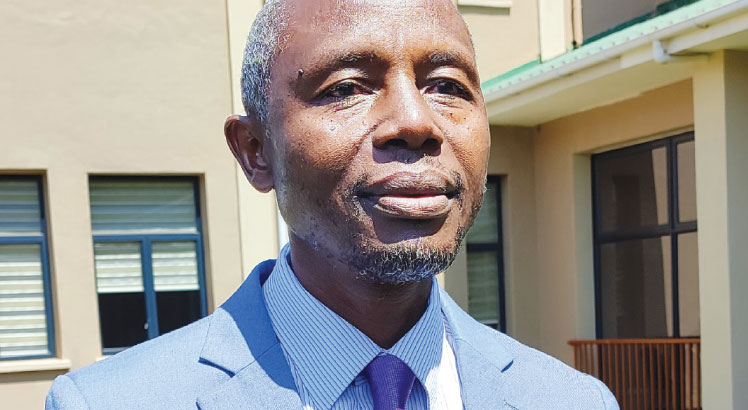Govt faulted on irrigation targets
Experts have faulted government for setting ambitious targets in the National Irrigation Policy (NIP2016) without considering factors such as investment.
During the 2022/23 National Irrigation Conference underway in Mponela, Dowa District, Ministry of Agriculture director of irrigation services Geoffrey Mwepa said in the year under review, government missed the target to develop land for irrigation by 82.45 percent.
The NIP Phase II, which runs from 2020 to 2025, stipulates that government will be required to develop 5 700 hectares (ha) for irrigation annually, but in the past year, government has developed only 1 000ha.

In separate telephone interviews on the outcomes yesterday, agriculture policy expert Tamani Nkhono Mvula and agriculture economist Kennedy Machila from the Lilongwe University of Agriculture and Natural Resources (Luanar) blamed government for setting high targets.
Nkhono Mvula said government set higher targets than it can achieve, considering the investment in irrigation which is poor.
“Our national budgets have tended to prioritise subsidies on farm inputs than irrigation,” he said.
Nkhono Mvula added that government has all along failed to meet its obligation in the Green Belt Initiative (GBI) arrangement where it is supposed to contribute 40 percent while investors come in with 60 percent of investment.
“The GBI was established to woo investors, but we have not seen much of that because government has an obligation to meet but is failing to do that,” he said.
On his part Machila said government is slow on executing its plans but it sets higher targets for itself instead of moving step by step moving towards realistic targets.
“The appropriate target should have been the 1 000ha which we have registered and then as time goes, move to higher targets, especially when we see progress, as it is, we look as if we are not serious,” he said.
According to Mwepa, factors which led to the missed target include climate change which leads to low water for irrigation.
“In the wake of climate change, farmers face difficulties to access water for irrigation. After the rains, within a few months, most streams are dry and that requires sophisticated irrigation technologies which are not easy to get,” he said.
But Machila said the problem emanates from government’s lack of aggressiveness on rainwater harvesting and that most farmers who are targeted still use poor irrigation technologies.
During a visit to some irrigation schemes in Dowa and Ntchisi districts prior to the conference, farmers also complained about poor markets of their produce and high cost of farm inputs.
NIP was reviewed to adequately complement rainfed crop production to attain food security, nutrition and economic growth as aspired for in the Sustainable Development Goals, the Malawi Growth and Development Strategy, the Irrigation Master Plan and Investment Framework, the GBI, the National Export Strategy and, the Comprehensive African Agriculture Development Programme compact.
Nkhono Mvula said all these aspirations cannot be achieved unless government changes on how it prioritises programmes in the national budget to focus more on programmes which have huge returns such as irrigation.
The NIP seeks to address critical issues affecting the irrigation sector that include spatia and temporal water shortages, customary land tenure disputes and poor operation and maintenance of infrastructure.





